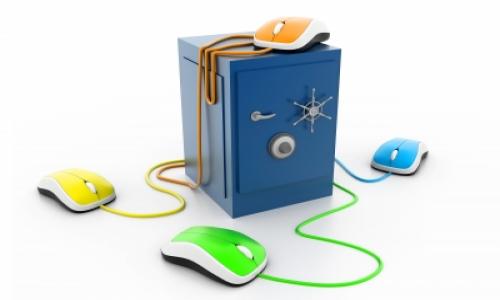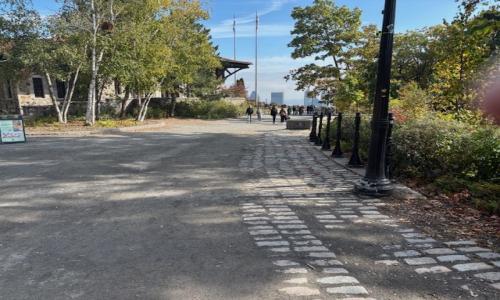Millions of individuals use online banking as a convenient and fast way to manage their finances. Yet, many people also do things that jeopardize the security of their account information. If you decide to bank online, here are a list of the top ten things you can do (or not do) to help you bank more securely online.
- Keep your password private. Do not give someone else your password.
- Do not click on a security alert email from bank telling you to login and change your password. Banks will never ask you to do this via email.
- Do not email your password or account information over the Internet. Most email is not secure and can be intercepted and read by others. Call or use a secure messaging system if your bank provides it.
- Do not use public wi-fi hotspots to connect to online banking. Public wi-fi can be hacked. Either wait until you are in a private location, or if using a mobile phone, turn off wi-fi and use 3G or 4G, both of which are more secure than public connections.
- Do not use public or shared computers for financial transactions. You shouldn't use public computers for online banking period but if you do, be sure to logout and close the browser.
- Be sure your computer has up-to-date virus protection and scan your computer regularly - especially if you use a PC. Trojans and worms can infect your computer and use keystrokes and other tactics to get your bank credentials.
- Change your password regularly and do not make it obvious (birthdays or other personal information that someone may be able to guess are a bad idea).
- Do not ignore your account. Check it frequently to make sure you do not see any strange account activity.
- Be sure to check or follow up if you see a strange transaction. Banks are required by Reg E to cover losses beyond $50 as long as you contact them within 2 days of receiving a statement. Stay on top of your account.
- Disable the ability for your browser to remember your username and password for any bank sites you use.
Have other tips? Share them below. Here's to safe online banking!











Add your Comment
use your Google account
or use your BestCashCow account